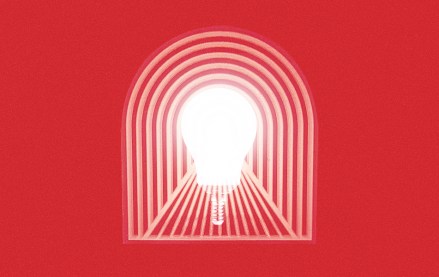
Selfies are not just social currency for the self-obsessed. It turns out, they can be real currency, too.
Bank of Montreal card holders will now be able to use selfies and fingerprint scans to verify their identify when making online purchases, as part of a biometric program that the bank has launched in conjunction with MasterCard.
Customers who want to try selfie authentication can do so by downloading the MasterCard Identity Check mobile app, which will allow them to snap a selfie anytime to validate their identities before letting them complete a purchase on a merchant site.
Apart from their faces, customers can also scan their fingerprints to prove that they — instead of some impostor– are making a purchase. The scan even verifies that the selfie is legitimate and not a previously taken photo, requiring users to blink when they take it.
“Fraud prevention is definitely an important factor, but enhancing customer experience was the biggest driver for us,” Steve Pederson, vp and head of North American corporate card products at BMO Financial Group. “If there is suspicious activity, we can always block a transaction, but that’s not good customer experience.”
Pederson acknowledged that the selfie feature would probably be an attractive feature to younger customers. But that wouldn’t hamper its adoption among the older demographic in any way, given that more phones have cameras than touchscreen-enabled sensors.
“It doesn’t matter if you’re in your 20s or 50s,” he said. “All customers will be happy knowing that they don’t have to sacrifice their convenience for their security.”
MasterCard is not the only one to attempt to replace punching in passwords with newer technology. Citibank’s mobile app lets log into its app using fingerprint scans and last month, HSBC too announced that its customers too would soon be able to use their voices and fingerprints to access their accounts.
MasterCard, however, is going beyond selfies and swipes. The company told CNNMoney that it is also working on other ways to authenticate purchases, including Iris scans, voice recognition and even monitoring customer’s heartbeats.
The first phase of BMO’s rollout is kicking off off in Canada and the U.S., and is aimed at developing better protection against potential fraud while minimizing the need for customer service inquiries. Once complete, the next phase will be to make the technology available to customers more broadly beginning in summer 2016.
More in Marketing

Meta’s Threads expected to have ads this year
The move would make Threads Meta’s latest bit of ad real estate venue just over a year after its launch.

Mobile esports reaches new heights in 2024 with a boost from Saudi Arabian investment
Mobile esports activity has been picking up gradually since 2021, but 2024 could be one of the most lucrative years yet for the esports teams and players participating in popular mobile games such as “PUBG Mobile” and “Mobile Legends: Bang Bang” (MLBB).

Q1 ad rundown: there’s cautious optimism amid impending changes
The outlook for the rest of the year is a tale of two realities.





